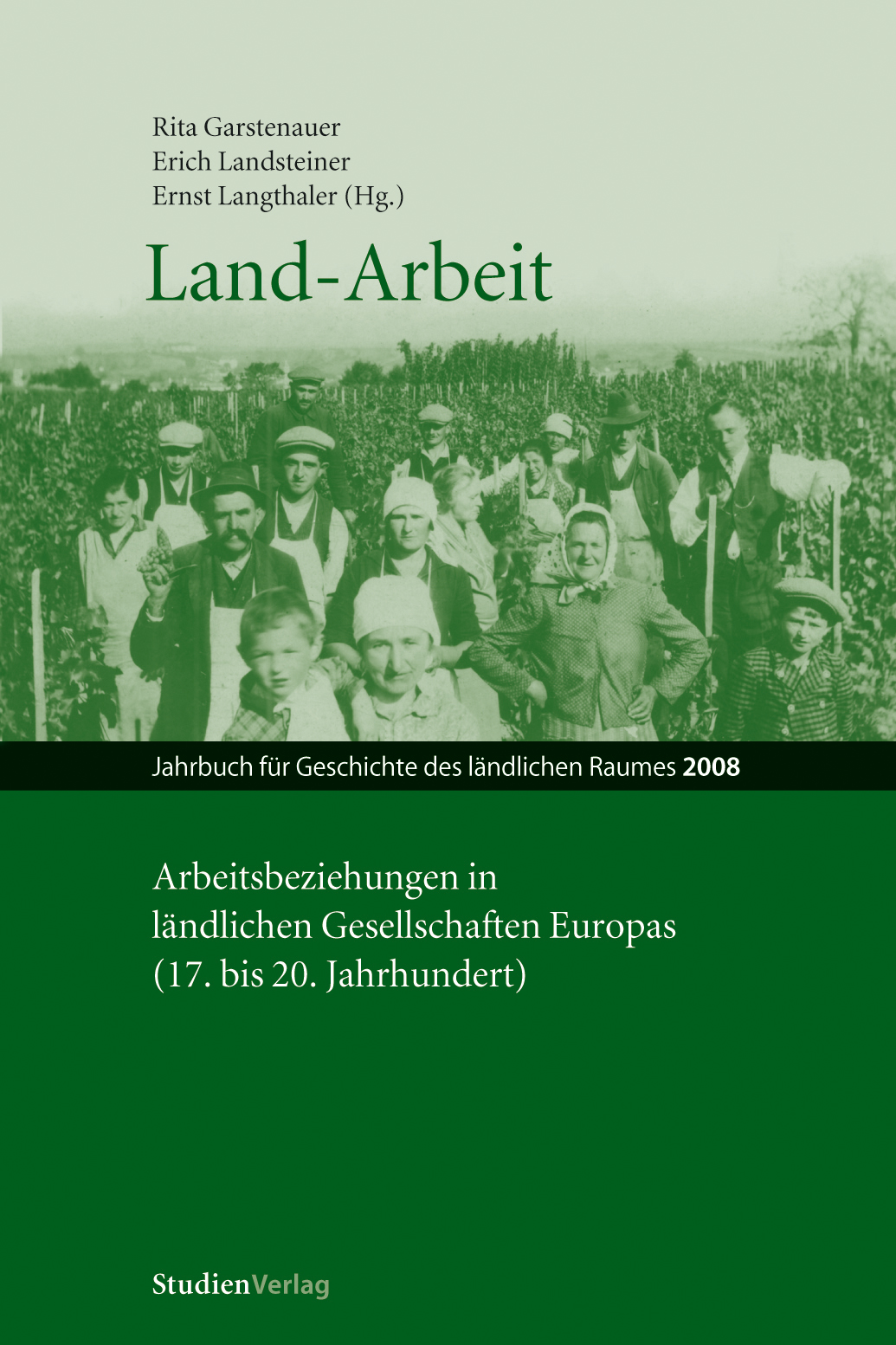Arbeitsbeziehungen in und zwischen ländlichen Haushalten in einer dualen Ökonomie
Agrarsystem und Protoindustrialisierung in Zentralrussland nach der Bauernbefreiung
DOI:
https://doi.org/10.25365/rhy-2008-7Abstract
This paper explores the labour relations and agrosystem in Bun’kovskaia volost’, a rural district of Moscow Province, Russia. In the nineteenth century, a majority of the population in this district combined agriculture with proto-industrial production of silk and cotton textiles. In the post-emancipation period, a majority of the households in Bun’kovskaia volost’ developed a dual economy in which textile production as well as agriculture remained important. The specific labour relations that developed in this dual economy altered the interaction of and power balance between individual members within households. The patriarchal relations of the rural household deteriorated as the status and independence of junior household members was raised, in contrast to purely agricultural households and regions. Proto-industrialisation also led to a certain level of socio-economic stratification, which influenced the agrosystem, in particular the functioning of the peasant repartitional commune. In Bun’kovskaia volost’, land allocation was regulated by the market as well as the peasant commune, which means that the mechanism of the commune was limited. Moreover, proto-industrialisation, together with a number of other economic factors, changed the functioning of the repartitional system within the peasant commune.


